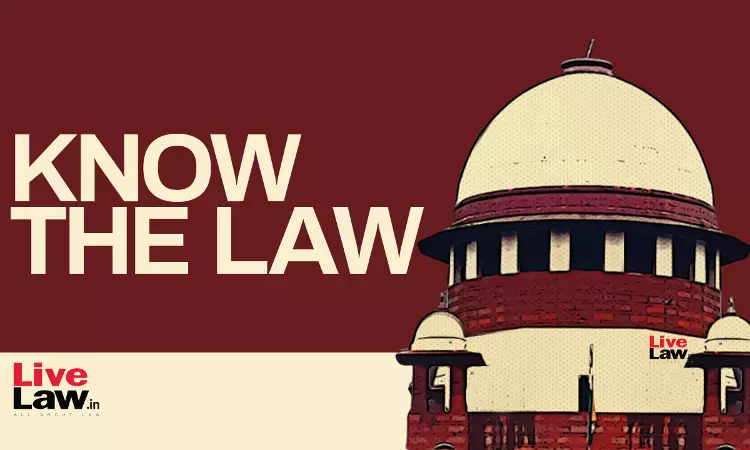Quashing Of FIR : Recent Supreme Court Judgments Lay Down Novel Approach
Gyanvi Khanna
13 Aug 2023 10:31 AM IST

Next Story
13 Aug 2023 10:31 AM IST
Last week, the Supreme Court pronounced a few judgments making important observations related to the jurisprudence surrounding the quashing of an FIR either under Section 482 (the inherent powers) of the Code of Criminal Procedure (CrPC) or Article 226 (extraordinary jurisdiction) of the Indian Constitution.The judgments were delivered by a Division Bench comprising Justices B.R. Gavai and...
